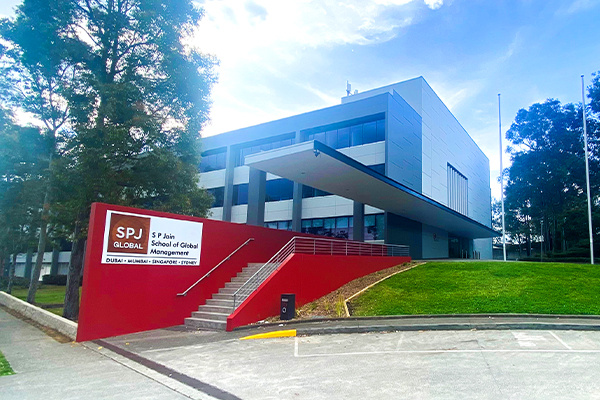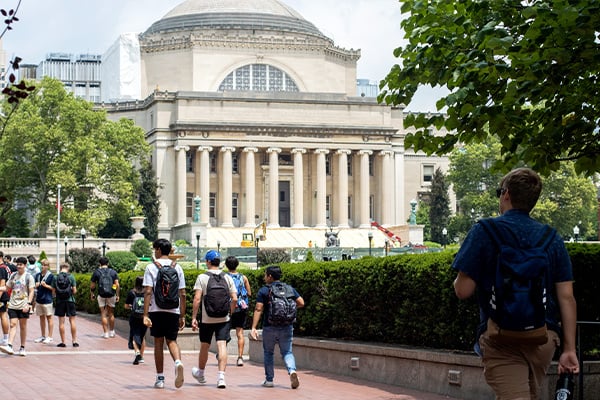In Easy Shiksha, Dr Arindam Banerjee, Professor (Finance) and Director - Master of Applied Finance & Wealth Management, Head - Alumni Relations, Middle East and Africa and Director, Executive Program in Global Strategic Finance at SP Jain Global discusses how recent changes in visa policies across major study destinations like the US, UK, Canada, Australia, and Germany are restructuring international student migration.
He highlights the increasing difficulty students face in securing visas and how this affects their study abroad decisions, post-study work opportunities, and long-term immigration prospects.

Key takeaways from the article:
- Impact of visa policies on study abroad decisions:
Visa rules are now a key factor in where students choose to study, along with academics, finances, and job opportunities. - Tighter regulations vs. permissive policies:
Countries with stricter visa rules may see a decline in international students, whereas those with more flexible policies could attract higher numbers. - Post-study work opportunities:
Students prefer countries where they can work after graduation. Expensive visas and long wait times can be a drawback. - Geopolitical climate & diplomatic relations:
Political relationships influence visa rules. Countries with favourable diplomatic ties may have more student-friendly policies, while strained relations could lead to restrictions. - Country specific visa changes:
- US: Stricter visa rules and more rejections make it less appealing, though STEM students still benefit from the OPT program.
- UK: New rules on dependents may impact some postgraduate students, but PhD candidates are unaffected.
- Canada: Known for being student-friendly, but new limits on study permits and tougher immigration rules may lower student numbers.
- Germany: Becoming more popular due to easier work opportunities and relaxed language rules, drawing students away from English-speaking countries.
- Alternative study destinations:
Countries like the UAE, particularly Dubai, are emerging as strong alternatives due to their job opportunities, multicultural environment, and smoother immigration pathways.











